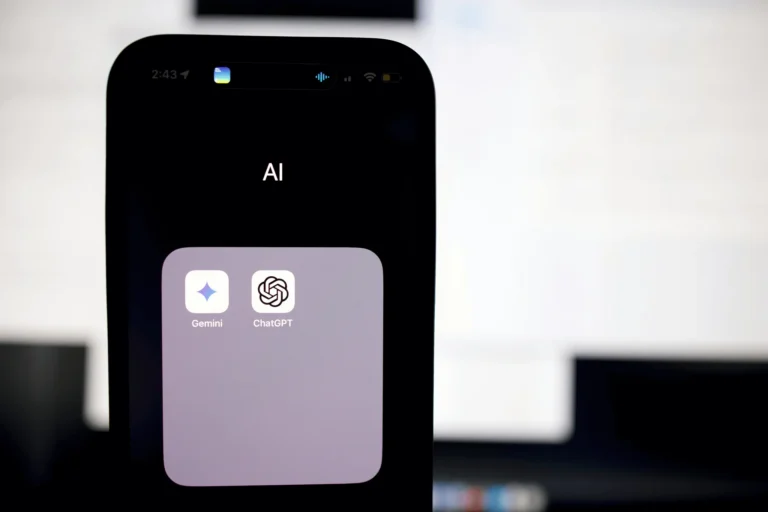Equity in education is a big deal these days.
Everyone from teachers to politicians list it as vital to improving schools. News stories decry the lack of equity in classrooms, and research points to the societal and economic harms posed by failing to achieve it.
Yet fixing equity in education remains a complex challenge. One reason for this lies in a long obscured area: assessments. The language, metrics, and measurements used to assess student achievement can determine which students advance in school and in life.
The problem with this? Baked in biases are pervasive in the way that assessments are crafted, beginning with elementary school quizzes and extending all the way to standardized testing and college placement exams.
The tests and assessments students take throughout their K-12 schooling are often unintentionally, but inherently tone-deaf when it comes to race, and this needs to change. Measurement justice is needed to counter culturally-biased assessment practices.
Assessment Awareness Matters
Racism in testing is hard to discuss, to be sure. After all, the whole goal of testing is to provide an objective view of a student’s progress, potential and aptitude. But when the very questions on a test fail to account for the life experiences, language, socioeconomic background, culture and topics that are familiar to different groups of students, how objective can a test truly be?
For example, let’s take a real-life SAT question from the 1980s. Students were asked to solve this analogy: Runner is to Marathon as Regatta is to_______. The answer was “oarsman.” The answer may seem common sense to some students. But it is clearly biased against low-income students who likely never encountered rowing as a sport – and who may have received a lower score even though they were not of lower intelligence. Such scenarios repeated over multiple years and multiple assessments can reinforce feelings of test anxiety and cognitive inadequacy among students from marginalized backgrounds.
And skewed questions that favor certain groups not only risk replicating racial and economic inequality, they can put already vulnerable students at greater risk of being alienated and further disadvantaged. According to the Center for Measurement Justice, biased assessments may steer marginalized students toward special education tracks, place them in less challenging classes with fewer supports, and can increase their discouragement, dislike of school, and drop-out rates.
There is no better time to improve the approach to assessments than now. Technology continues to transform learning. As U.S. education evolves, its assessments must also evolve to become as unbiased as possible – for both equity and accuracy. Such a change requires many things, including a more inclusive approach to incorporating technology, efforts to mitigate the outsized role that biased assessments play in shaping college and career paths, and policy reforms that put more equitable test design into practice.
A Window With AI
Advances in artificial intelligence promise to optimize education in unprecedented ways, including new automated assessments. But developers and entrepreneurs must be mindful of the potential for racial bias in their algorithms, language models, and the metrics their AI tools use to measure student ability and achievement.
AI operates off of data. And if those data are unintentionally rooted in racist or biased assumptions, the result will be just as detrimental to disadvantaged students. It may be even more harmful as they will be cloaked as objective, AI-generated results. Racial equity in AI design cannot be lost as education takes the next leap. Despite its rapid growth, the field of AI design is already behind when it comes to the diversity of its developers. A 2021 Diversity in AI report from Stanford University showed that “in 2019, among new U.S. resident AI Ph.D. graduates, 45 percent were white, while 22.4 percent were Asian, 3.2 percent were Hispanic, and 2.4 percent were African American.” Those numbers saw minor increases as of Stanford’s 2023 report.
While fixes are not quick or easy, they are essential. Creating a more justice-based assessment process that guarantees students of every race and socioeconomic background can reach their full potential is the joint responsibility of test developers, researchers, and educators. Together, they can truly advance equity in education by keeping the momentum for measurement justice going.




